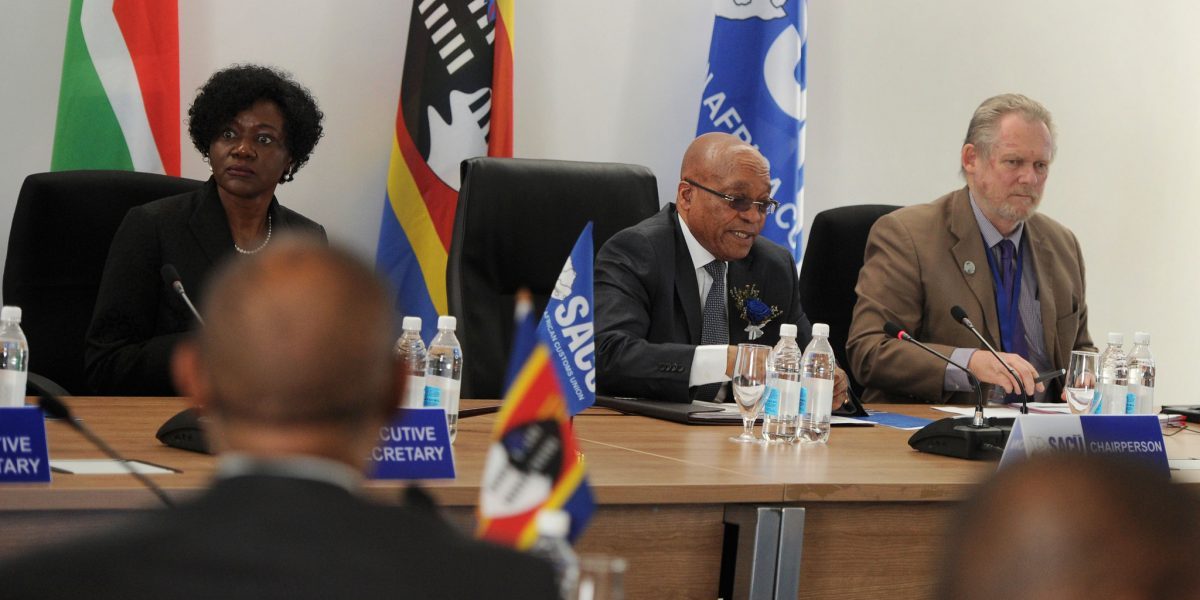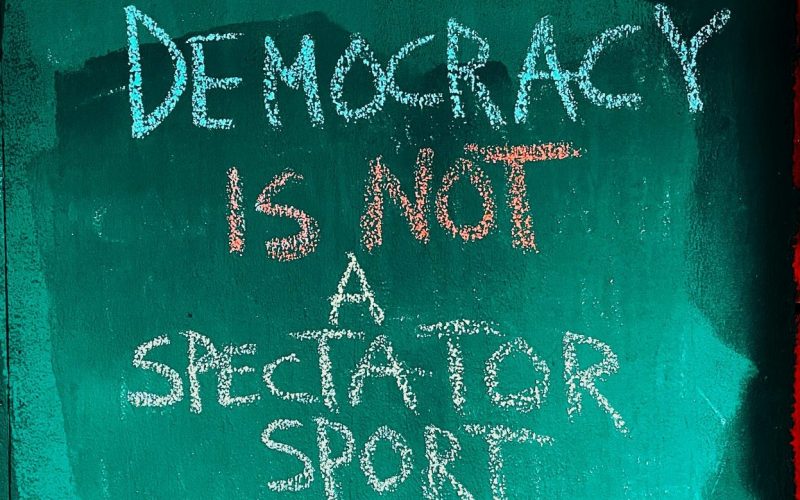But one relatively new element should be high on the agenda: the possibility of expanding the Southern African Customs Union (Sacu).
Sacu is the oldest customs union in the world, formed at the time of the Union of SA in 1910 to bind the British-administered territories (now Botswana, Lesotho and Swaziland) to SA; Namibia was appended after the First World War by SA’s League of Nations mandate.
The National Party used Sacu for securing political acquiescence for its odious race policies by subsidising the BLNS countries (Botswana, Lesotho, Namibia, Swaziland) through a common revenue pool derived from import tariffs and excise duties.
But SA unilaterally took all key decisions over revenue and trade policy.
The postapartheid period witnessed dramatic changes to Sacu. First, the African National Congress government sought to democratise decision-making, thus new institutions are being formed to manage the body (see diagram).
Second, trade policy — and by extension negotiations — are supposed to be harmonised through the operation of the new institutions, especially the council of ministers. So the BLNS countries are fully involved in all trade negotiations.
Consequently, decision-making has become more cumbersome as a wider range of interests has to be reconciled.
Concerning trade remedies, particularly antidumping investigations, national institutions — in SA’s case the International Trade Administration Commission — will merely provide recommendations to the intergovernmental structures on the basis of investigations that the former conduct.
Further, section 8 of the new agreement outlines a range of policy areas on which the partners are required to coordinate policy. SA’s negotiations with the US have brought home the need to co-ordinate internally before entering into demanding external negotiations.
Third, the revenue allocation formula was revised to reduce the subsidy level while stabilising revenue flows.
It remains to be seen whether the BLNS will use this new framework to constrain SA’s freedom of action. And this does point to the pressing need for the partners to integrate their planning processes more coherently.
Given that the new Sacu is still consolidating, what is the strategic rationale for expanding it now?
First, external powers are increasingly active in the region. Most significantly, the European Union (EU) is negotiating economic partnerships in eastern and southern Africa. The region is divided as governments are required to choose with which bloc they will negotiate. An expanded Sacu would consolidate the regional institutional architecture around SA, the natural regional leader, rather than an EU-inspired design.
Second, economic partnership agreements pose a long-term competitive threat to South African exports as regional tariffs and other barriers come down. Similarly, other trading powers — notably the US, China and India — are increasing their regional presence. Expanding Sacu would give SA and regional exporters duty-free access to each other’s markets while affording external protection through a (hopefully liberalised) common external tariff.
President Thabo Mbeki’s recent statements on the possibility of adopting a “regional development aid” framework modelled on the EU’s system points to a third rationale. Put bluntly, a post-Mugabe government in Zimbabwe will require sustained and predictable revenue inflows to fuel reconstruction. These could be funded via a revised Sacu revenue-sharing formula.
But there are at least six sets of obstacles on the road to expanding Sacu.
First, the new institutions are proving difficult to establish while their roles and responsibilities are not entirely clear — at least to outsiders. How does consensus-based decision-making in the council of ministers actually work when SA accounts for approximately 95% of Sacu’s gross domestic product? Will the Sacu secretariat ever be more than an administrative postbox? If yes, are we heading down the road of EU-style bureaucratisation and associated democratic deficit? If no, then will Sacu — like Mercosur in South America — limp along with no institutional centre of gravity?
Second, if reaching consensus within Sacu on sensitive trade policy matters is difficult now, how much more difficult will it become with new, larger members on board? Not only would the geographic scope expand, but so would the diversity of economic and political interests. The expanding scope and scale of the trade negotiations agenda will complicate matters. In this context an enhanced role for the secretariat in providing neutral, technical advice as well as administrative support would be essential.
Third, the common external tariff is cumbersome, blatantly protectionist in parts, and riddled with exceptions. Tariff rationalisation is a necessary condition for expansion, particularly in the regional context where some of our trading partners have simpler and more liberal tariff regimes. Critically, such a process would serve our own domestic economic interests better than the blanket protectionism being sought by some sections of organised business and labour by promoting our international competitiveness and facilitating trade.
Fourth, while expanding Sacu would promote internal investment and economies of scale, potential industrial relocation effects would have to be sensitively managed. Adjustments could be funded through the common revenue pool, but it is not clear whether, based on the revenue-sharing formula, new members would be net beneficiaries or contributors. So the revenue-sharing formula needs to be assessed.
Fifth, the common revenue pool may decline as tariff reductions associated with SA’s trade negotiations begin to bite. This could have substantial implications for the fiscus as SA would have to underwrite the costs of any expansion.
Sixth, establishing regional industrial policies is likely to prove an ephemeral exercise. We have great difficulty in establishing our own industrial policies — so how do we hope to do this on a regional basis? And given the lack of institutional capacity in neighbouring countries, would they be able to benefit on an equal basis from such a process? That seems unlikely.
Mozambique and Zambia are said to be considering joining Sacu. An expanded Sacu could absorb the Southern African Development Community, or even parts of Comesa (the Common Market for Southern and Eastern Africa), if it works well. But the process will have to be carefully designed, negotiated and sensitively managed if it is to succeed.








